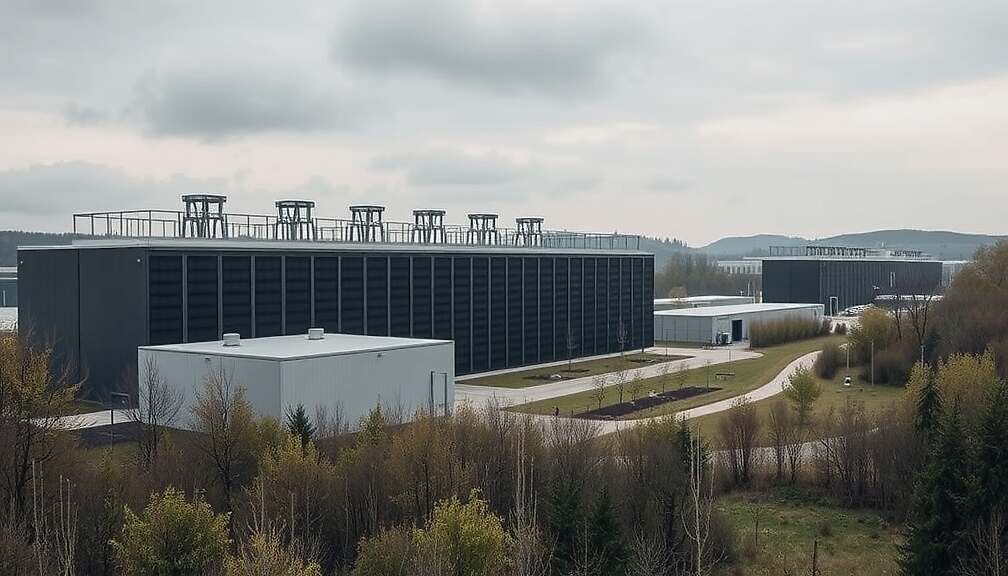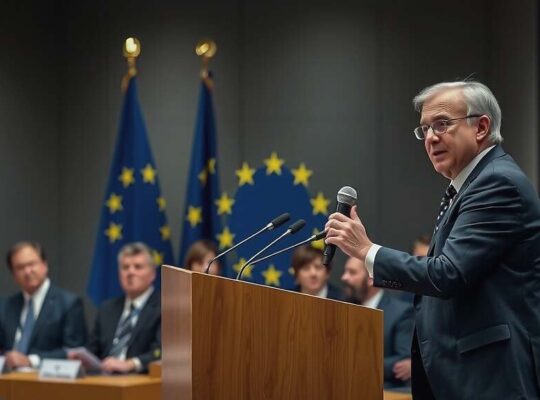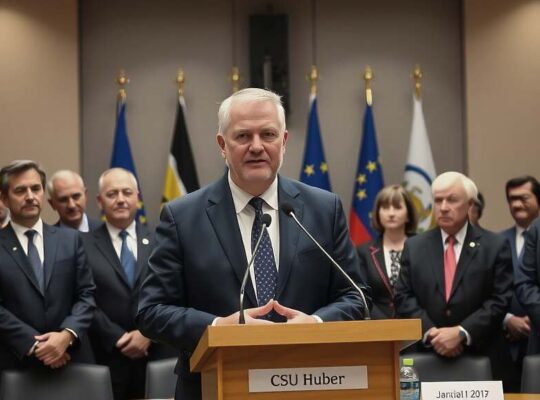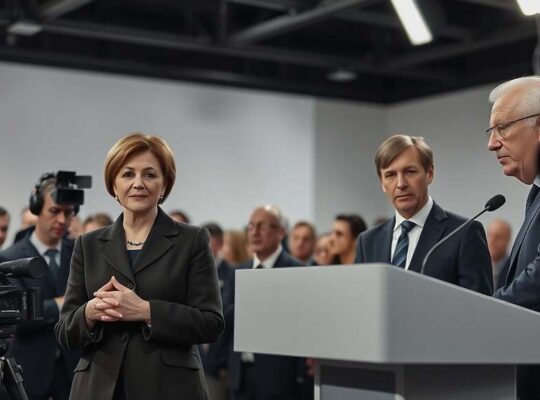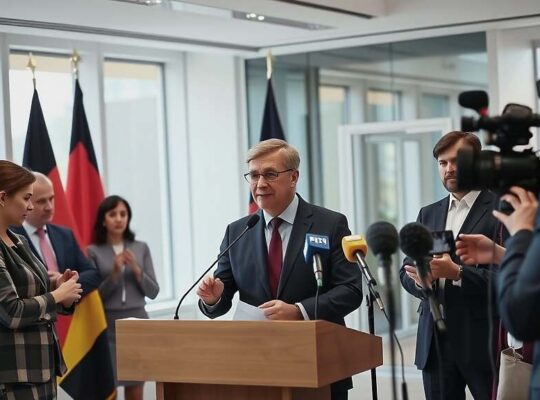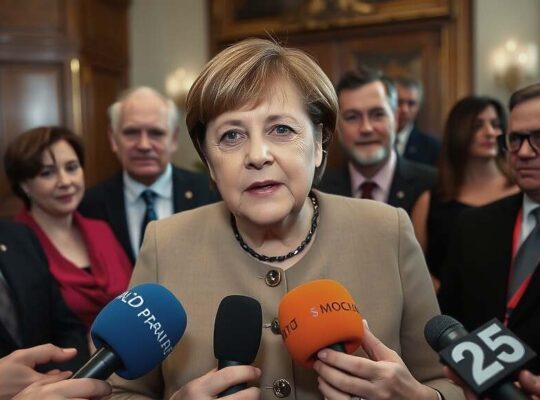The energy giant EnBW is proposing a significant shift in strategy, suggesting the repurposing of the decommissioned Neckarwestheim nuclear power plant site in Baden-Württemberg as the location for a major artificial intelligence data center. This ambitious plan, championed by EnBW CEO Georg Stamatelopoulos, directly leverages the region’s existing infrastructure to capitalize on the European Union’s push for AI development.
Stamatelopoulos highlighted the site’s inherent advantages, citing a substantial power grid connection – a crucial element for the energy-intensive operation of AI data centers – alongside robust fiber optic connectivity. The proposal aligns with the EU’s recently announced initiative to facilitate the construction of five large-scale AI data centers across the bloc, a concerted effort to bolster European competitiveness in the burgeoning AI landscape and lessen reliance on US and Chinese dominance.
While EnBW’s role would primarily be to provide the land and existing infrastructure, the company is signaling a willingness to collaborate with investors interested in pursuing the EU’s anticipated tender process. Potential suitors have already surfaced, including telecommunications leader Deutsche Telekom and the retail conglomerate Schwarz Group (owners of Lidl and Kaufland), suggesting keen interest in securing a foothold in the strategically important sector.
The move raises complex questions about Germany’s energy transition and the long-term implications of repurposing nuclear sites. Critics are likely to scrutinize the proposal, questioning whether prioritizing AI infrastructure development outweighs the ethical and environmental considerations associated with former atomic power plant locations. Furthermore, the potential for increased energy consumption, even with established grid connections, will undoubtedly draw attention as Germany continues to grapple with energy security and sustainability goals. The proposal underscores the increasingly intertwined relationship between Europe’s digital ambitions and its ongoing struggle to define its post-nuclear future.


